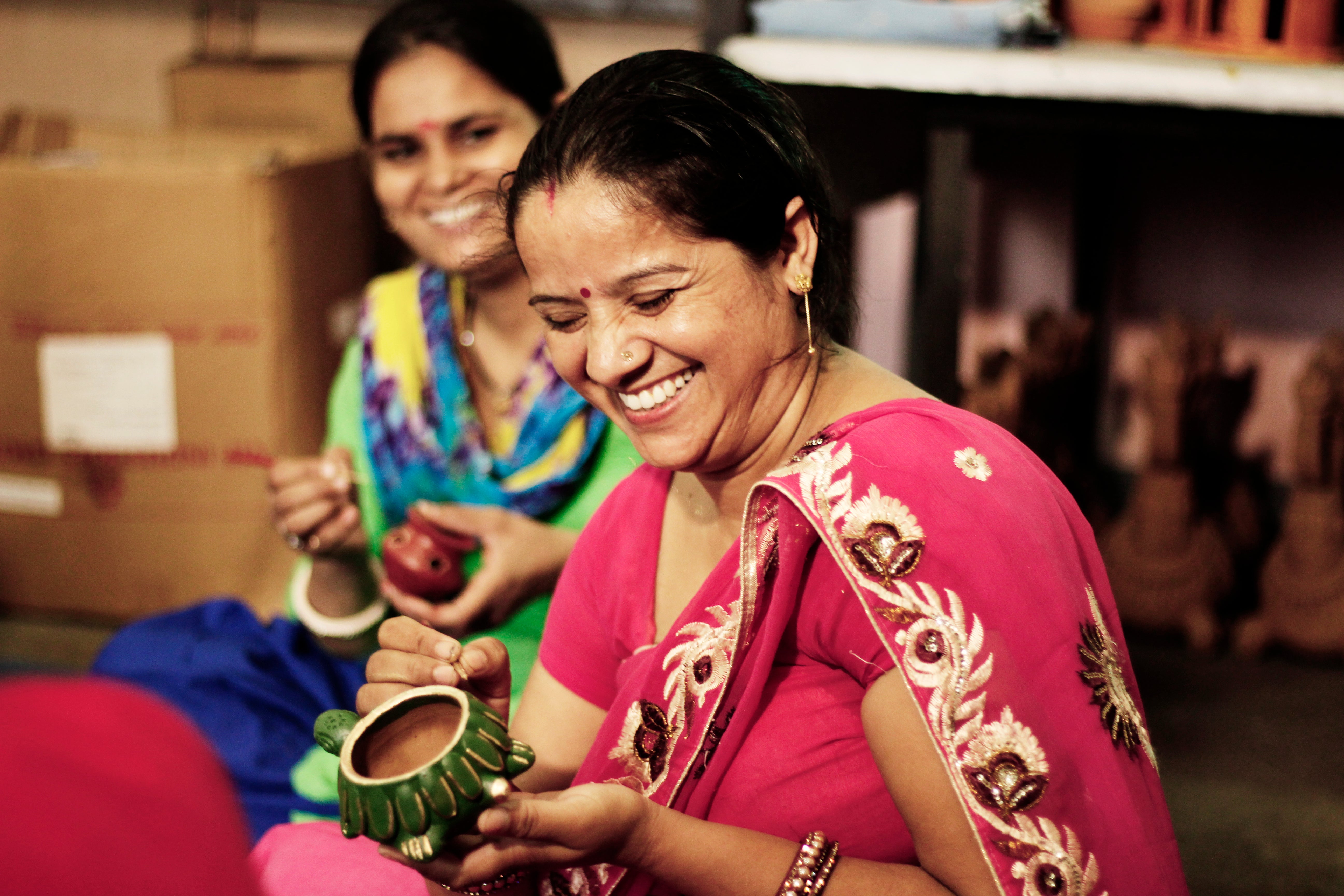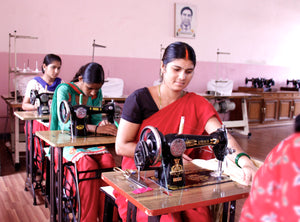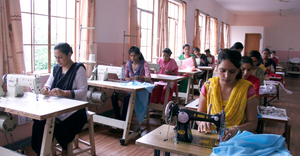Despite India's progress in various areas, rural women continue to face numerous challenges that hinder their growth and well-being. From lack of education to societal norms, these obstacles need to be addressed for women to truly achieve equality. Here are the five major challenges faced by rural women, their causes, and potential solutions.
1. Limited Access to Education
One of the most significant challenges rural women face is limited access to education. Poverty, gender bias, and cultural norms often prevent girls from attending school. Illiteracy limits their opportunities for employment, financial independence, and personal growth.
Solution: Government and NGOs must continue to push for inclusive education programs specifically targeting rural areas. Mobile schools and digital education platforms could help bridge the gap for women who are unable to attend traditional schools.
2. Gender-Based Violence
Gender-based violence, including domestic abuse, sexual harassment, and early marriage, remains a significant issue in rural India. This violence restricts women’s mobility, opportunities, and safety.
Solution: Strengthening legal frameworks and promoting awareness campaigns on women’s rights are essential. Grassroots organizations and local governments must collaborate to establish safe spaces and support systems for women in rural areas.
3. Health and Reproductive Issues
Rural women often face poor healthcare facilities, particularly regarding maternal health and family planning. Inadequate medical facilities, long travel distances, and social taboos around reproductive health make it difficult for women to access essential care.
Solution: Expanding healthcare infrastructure and implementing community health programs can improve access to medical services. Providing affordable healthcare and education on reproductive rights will empower women to take charge of their health.
4. Lack of Employment Opportunities
With limited access to education and resources, rural women often struggle to find employment opportunities. Most are confined to agricultural work or informal labor, which is often underpaid and offers no job security.
Solution: Promoting skill development programs tailored to rural women’s needs will open doors to new industries. Initiatives that teach women marketable skills like tailoring, handicrafts, and digital literacy can help them secure better employment or start their own businesses.
5. Social and Cultural Norms
Rural women are often confined by patriarchal norms that limit their rights and opportunities. They are expected to prioritize household chores and child-rearing over personal development or employment.
Solution: Changing these societal norms requires community engagement. Promoting gender equality through awareness campaigns, involving men in conversations about gender roles, and encouraging women to participate in decision-making processes can slowly bring about change.














